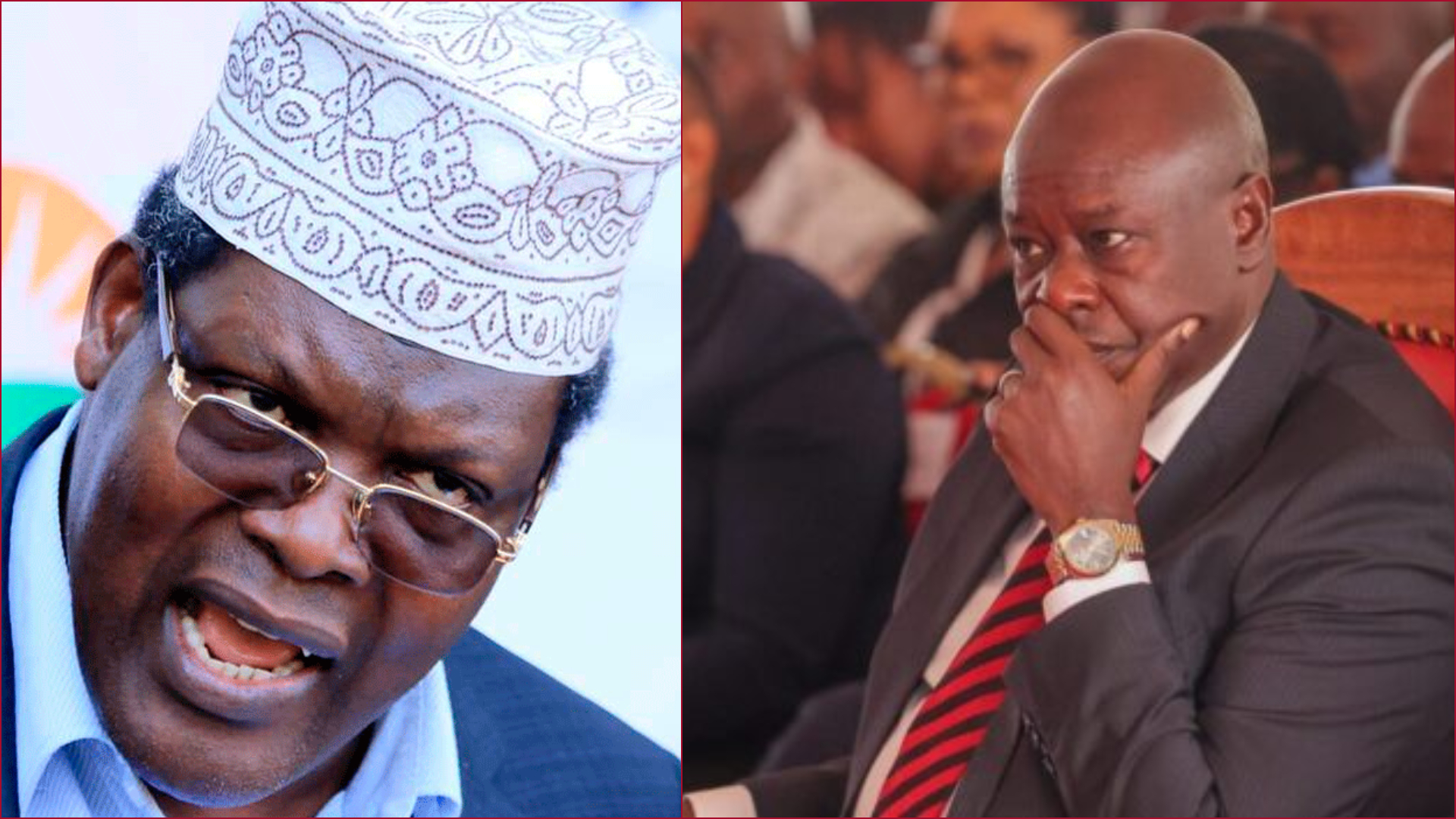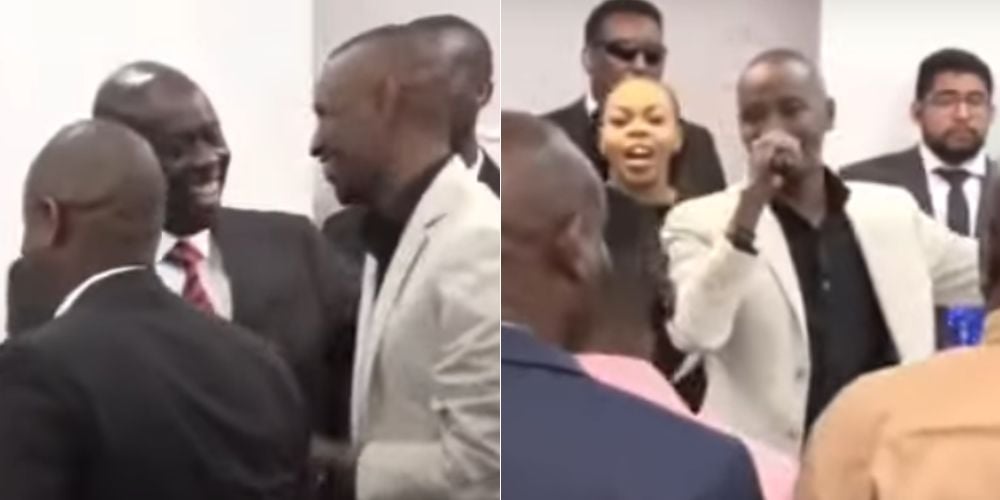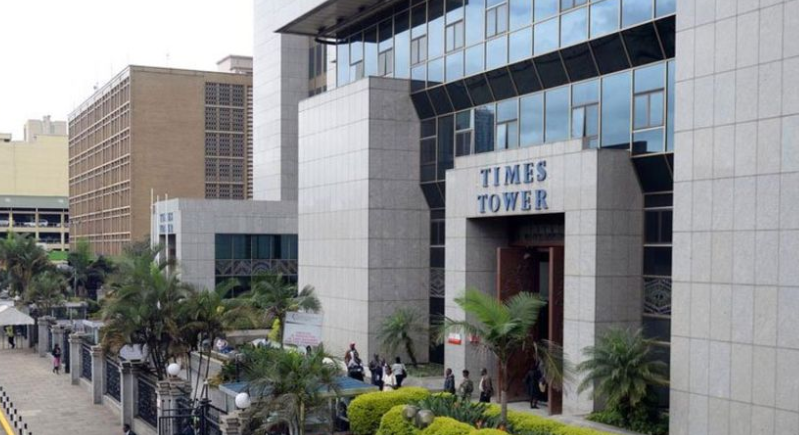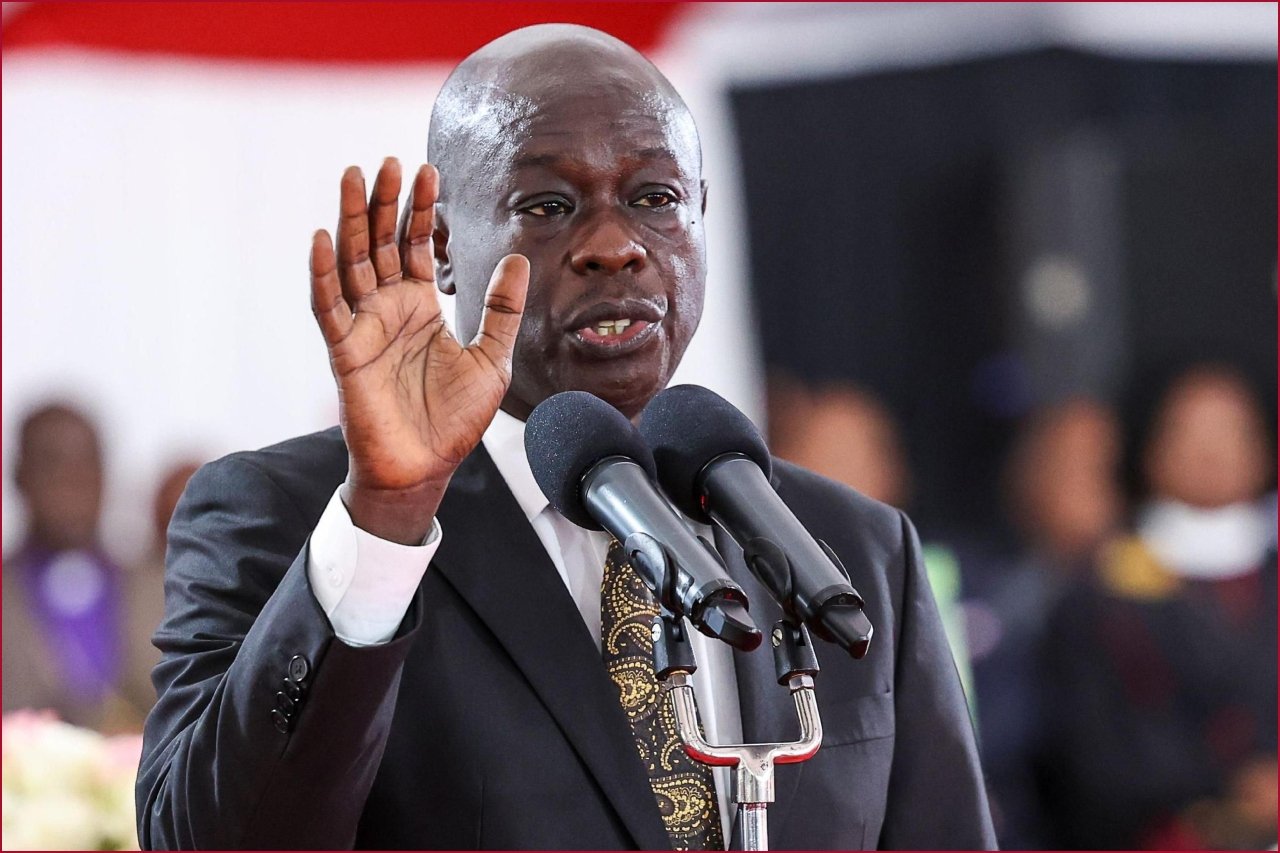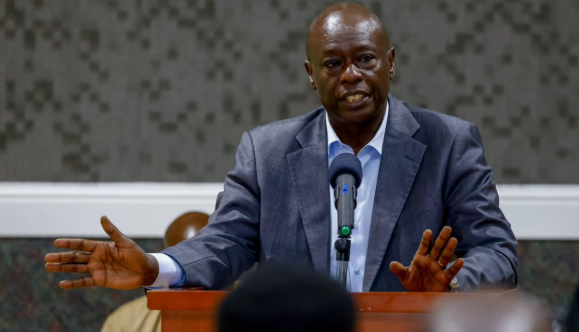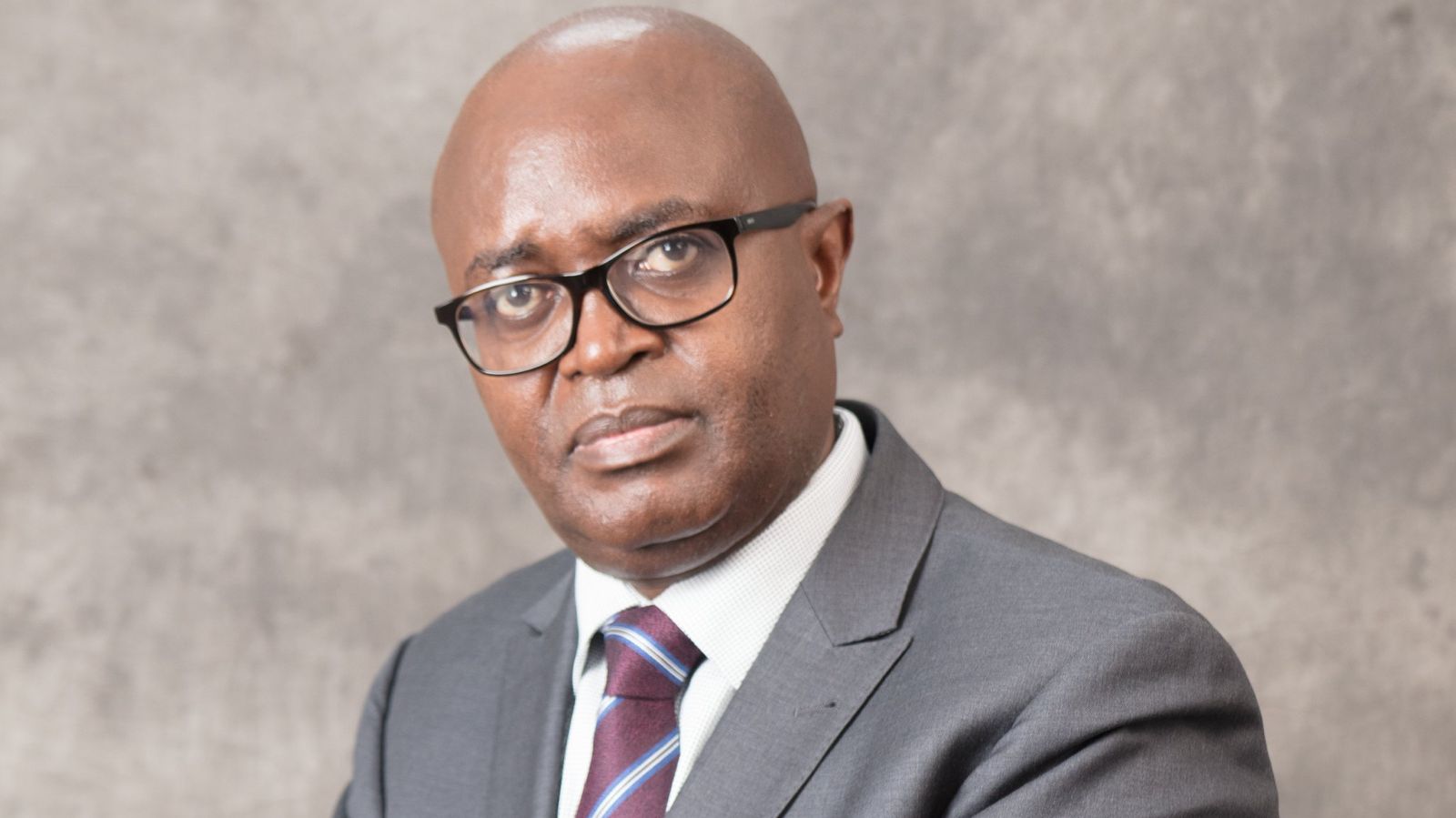Lawyer Miguna Miguna has counselled former deputy president Rigathi Gachagua not to tire in his pursuit of justice as regards his unceremonious ejection from office.
Gachagua was impeached last month by parliament; he faced a host of charges ranging from corruption allegations to sabotage of President William Ruto's regime.
The courts lifted the conservatory orders he had secured to stop the process of replacing him.
Consequently, on Friday, November 1, Gachagua's replacement, former Interior Cabinet Secretary Kithure Kindiki, was sworn in as the country's third deputy president, marking the end of his (Gachagua's) tenure in office.
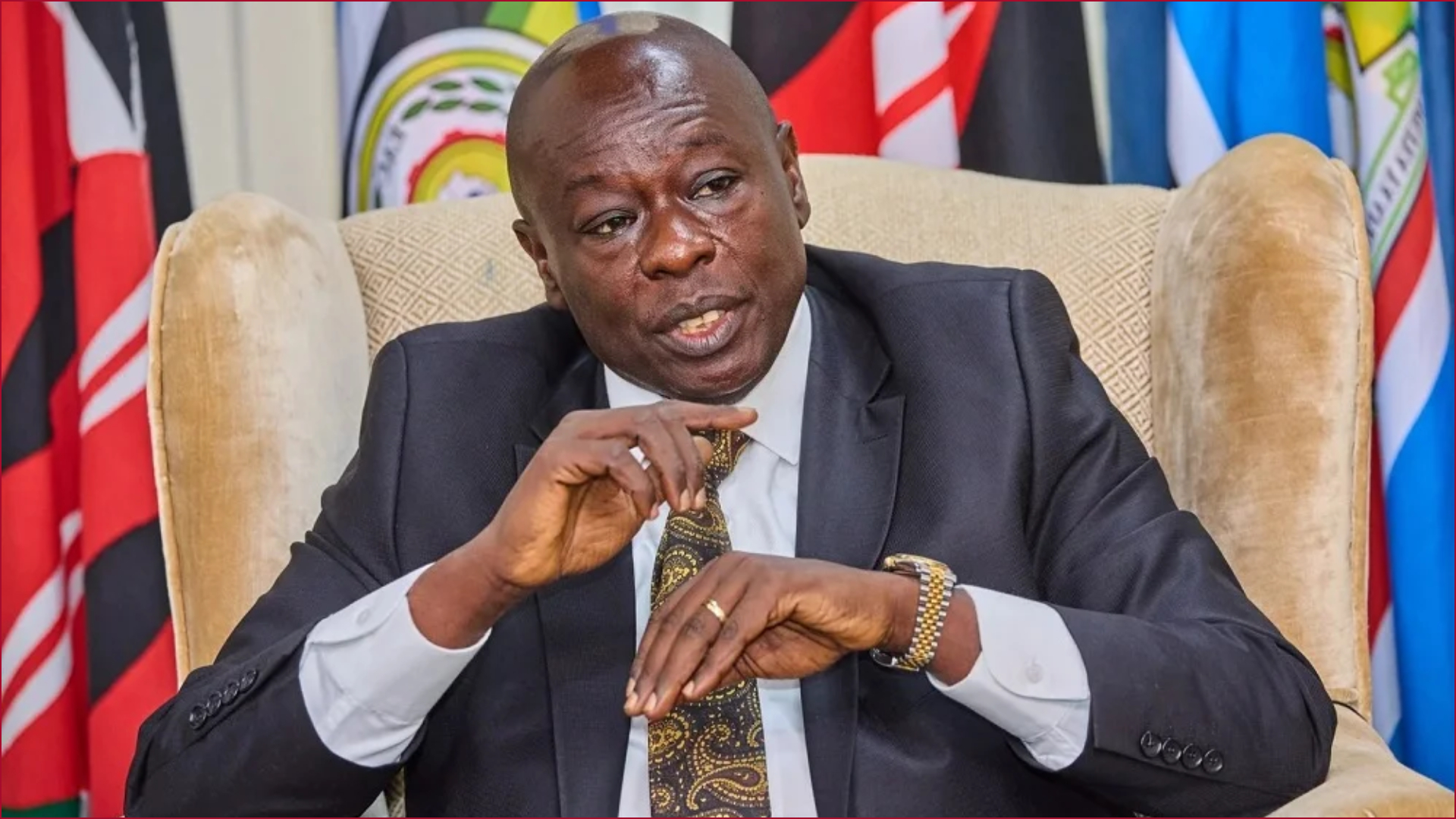
Read More
Miguna believes the former deputy president should not give up despite known eventualities.
The lawyer observed that with Gachagua now out of power, the state tends to come for him and place charges in his name.
He, therefore, should counter them in advance by challenging his removal office in the courts up to the apex one, irrespective of the outcome.
"Fight all the way to the Supreme Court. It doesn’t matter if they rule against you. Do it for the record. Also, do it to expose the emptiness of the charges because they are planning to arraign you in court in due course, and you must expose them in open court—from the compromised 3-judge-bench to the colonized Supreme Court," said Miguna.
Miguna further warned Gachagua that if he chose to keep calm, he might go into oblivion with the help of his former boss, President William Ruto.
He challenged the former deputy president to remain steadfast and help in the quest for good governance and end maladministration by the regime he served under for two years.
"If you surrender, Ruto will bury you without clothes. Never, ever, kneel down before anyone. We firmly believe in and are committed to genuine democracy, constitutionalism, rule of law, which includes the right to a fair trial, respect for human rights, and zero tolerance for impunity," Miguna said.
